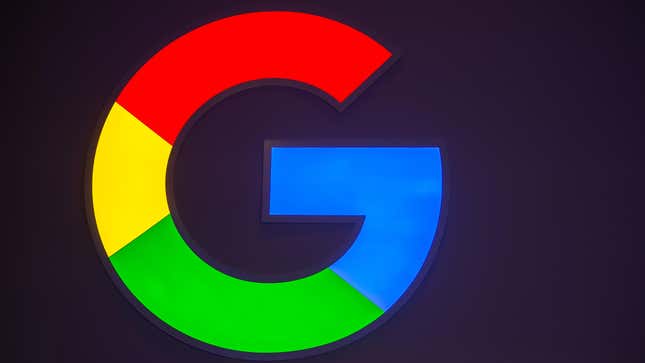
After getting pushback from local lawmakers and regulators abroad—along with just about everyone who cares about privacy online—Google announced on Thursday that it will delay its plans to kill off third-party cookies in its Chrome browser until late 2023. This is a nearly two-year setback from its initial plan, which was to kill them off by early next year.
While nobody’s a fan of the creepy tech that tracks and targets us across the web, Google’s initial plans to kill them off received a fair bit of flack for a few reasons. First, privacy advocates have pointed out time and time again that the tool that Google planned as a replacement for cookies—called “Federated Learning of Cohorts, or FLoC, for short—was riddled with privacy problems that even cookies didn’t have. Meanwhile, the way FLoC was designed seemed almost engineered to give Google an even bigger chunk of the digital ad market, when it already controls more of the market than literally any other tech company on Earth.
Per Google, this two-year delay is meant to give the digital ad industry, publishers across the web, and regulators the time they need to get comfortable with this new technology.
“While there’s considerable progress with this initiative, it’s become clear that more time is needed across the ecosystem to get this right,” wrote Vinay Goel, Chrome’s director of privacy engineering in a company blog post. “We need to move at a responsible pace. This will allow sufficient time for public discussion on the right solutions, continued engagement with regulators, and for publishers and the advertising industry to migrate their services.”
Earlier this week, the European Commission announced it would be scrutinizing the company’s cookie-quashing plans as part of a broader probe into Google’s digital ad dominance. As part of settling a similar probe from the UK’s competition watchdog, Google had already committed to giving UK regulators a full 60-day notice before removing cookies entirely, so they could review and potentially tweak Google’s plans.